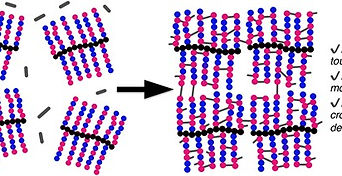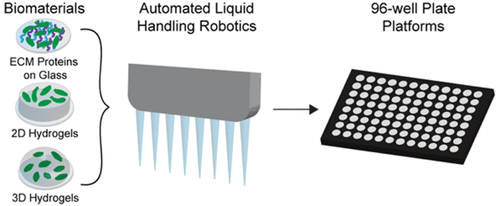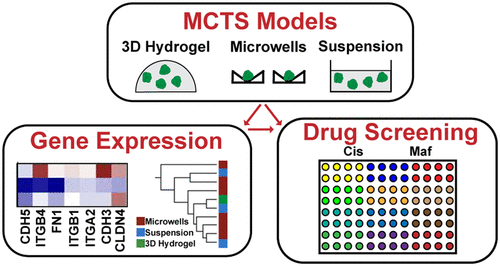top of page


The Peyton Lab, Tufts University
.png)
Cancer Bioengineering, Traumatic Brain Injury, Soft Materials, and More
Departments of Biomedical Engineering, Chemical and Biological Engineering, and Graduate School of Biomedical Sciences
Publications
bottom of page








































































